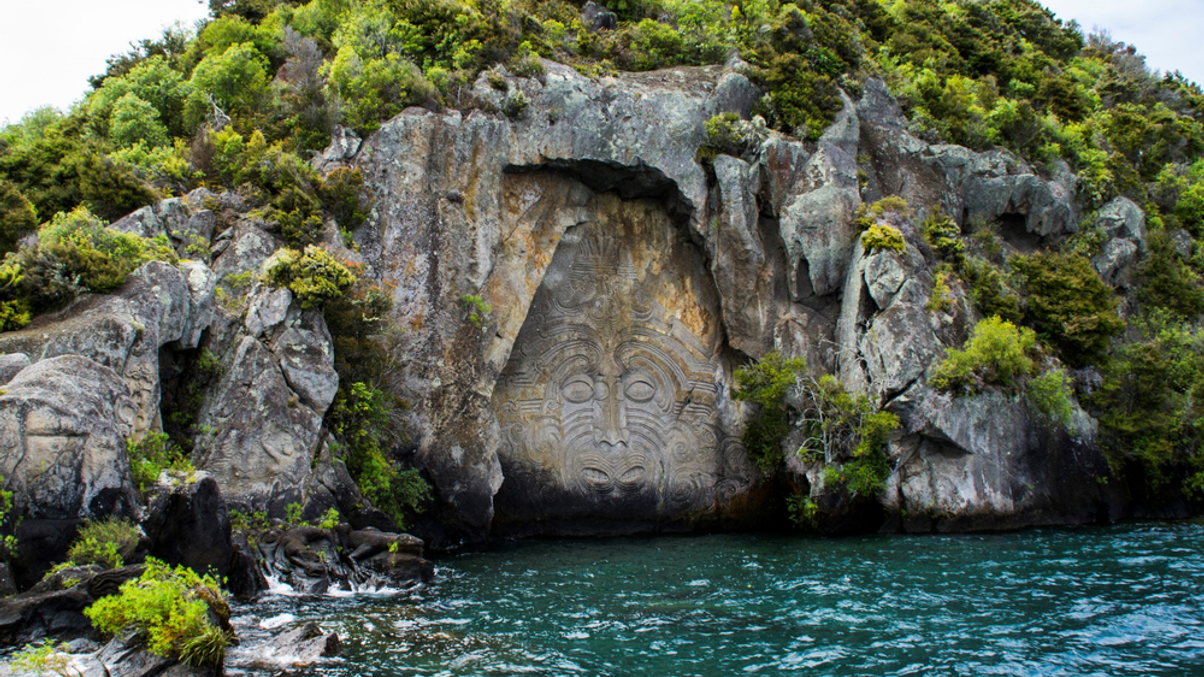Māori asset owners prioritise sustainable investments
ESG investment principles fit right in with the New Zealand Māori’s values and focus on the land, sea and sky.

New Zealand’s Māori asset owners emphasised their nature-guided investment philosophies as recent storm damage across the country highlights the importance of aligning infrastructural development with climate change considerations.
Sign in to read on!
Registered users get 2 free articles in 30 days.
Subscribers have full unlimited access to AsianInvestor
Not signed up? New users get 2 free articles per month, plus a 7-day unlimited free trial.
¬ Haymarket Media Limited. All rights reserved.


